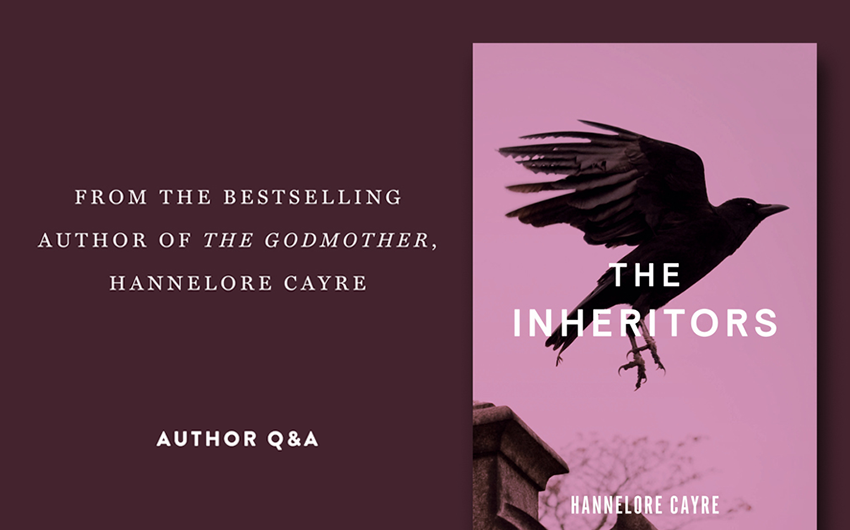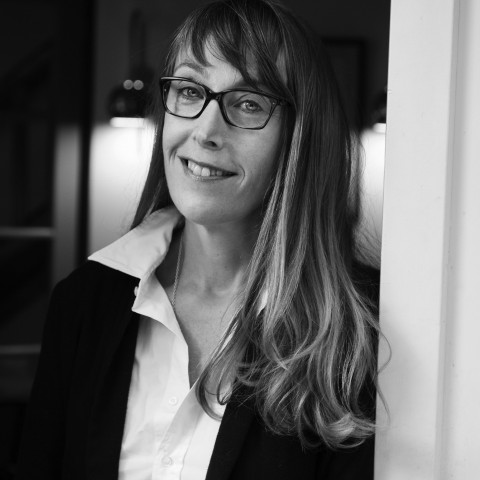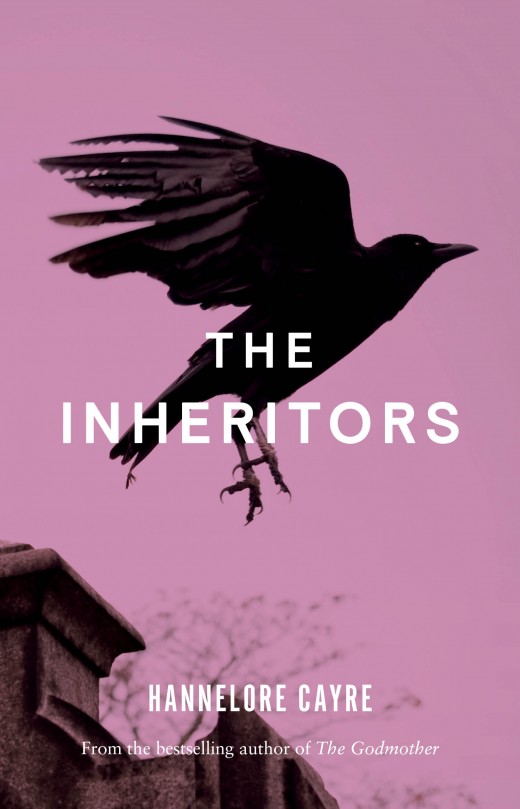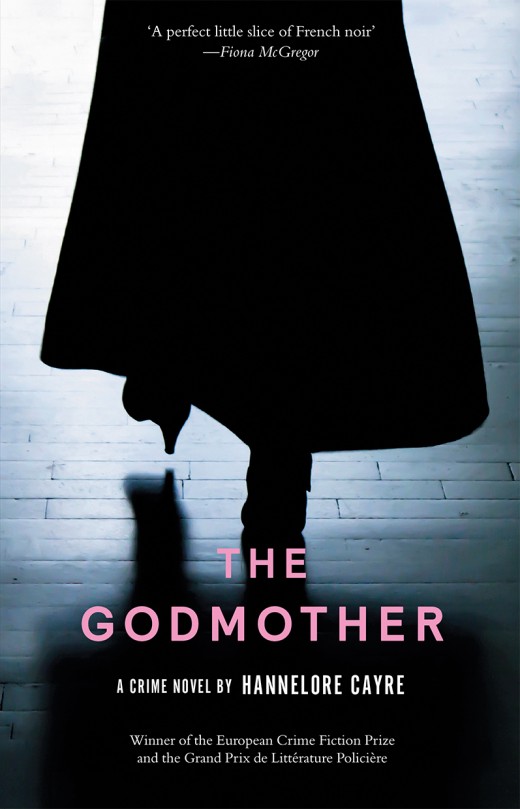News

News >
Author Q&A: Hannelore Cayre on The Inheritors
Hannelore Cayre talks about her new novel, The Inheritors, and why nineteenth-century views of rich and poor are more relevant than ever.
You’ve said that the idea of The Inheritors came to you after reading Capital in the Twenty-First Century by Thomas Piketty. How did that treatise inspire the themes of your book?
Capital in the Twenty-First Century proposes that inequalities in contemporary societies cause devastating social issues and economic instability. In the nineteenth century, society was split in two: the rich people on one side, the poor on the other. The poor were described by writers (who wrote only for their class, the literate ones) as drunks, thieves, sloths, envious. They used these pejorative terms without considering the economic reasons for the plight of the poor. The poor were considered to have all these defects by their nature.
This Manichaean view of society is coming back: the poor are once again considered by the wealthy in terms of their ability to harm them or to serve them. It has become even more perverse: individualism (what we call the ‘start-up spirit’) means that each individual is responsible for their own condition. If they do not succeed, it must be because they are a loser or lazy. Like my main character, Blanche de Rigny, my political consciousness came from reading Balzac, Zola, Flaubert, Hugo, Dumas or Maupassant … I feel in my bones that the beginning of this century is echoing the turn of the nineteenth. Most obviously in the gradual disappearance of public services, but above all in the decline in the share of labour income and overall resources that a person has throughout their life. In other words: a worker without any hope of inheritance can wait a long time to make a fortune, while each year more and more of what they earn is swallowed up by expenses such as education, health, rent, gasoline, electricity and food – the ever-increasing costs in our breathless world.
The novel spans over two centuries, covering events such as the Franco-Prussian War of 1870–1871. Why did you want to include these historical elements in The Inheritors?
I once read a paragraph in the book Sébastien Roch by Octave Mirbeau – a paragraph that I also included in my novel – where the author describes a father negotiating with a horse dealer over the sale of a man to stand in for his son, who was drafted by the army in the Franco-Prussian War. Instead of his son serving, he pays another man money to report for duty in his place. Buying a man? What on earth could that mean? By researching this myself, I discovered a practice that everyone has forgotten, but which, however, touched many French families: conscription by lottery and its counterpart, military replacement. The rich bought the poor to replace their sons when they pulled the wrong number in the lottery. The problem is that in 1870, the year when Auguste, one of the heroes in my novel, picks a wrong number, war against Prussia was imminent and the cost of the poor ... increases. The families’ fathers can no longer find poor men anywhere for sale and send emissaries all over France to find one at any price. A period in history when the cost of the poor soars – it’s unprecedented – my evil spirit couldn’t miss something like this!
The Inheritors is much broader in scope than your previous book, The Godmother. What challenges did you face in writing a long family saga? How did you overcome them?
When you write a book that becomes a bestseller such as The Godmother, the trap is to write the same book again. I wanted to do something completely different, where my knowledge of nineteenth-century literature would find its place.
The challenge was that two temporalities had to be perfectly timed so that the reader could move from one to the other in a fluid manner, as though it was the same story. I would be lying if I said this happened in the first draft.
Blanche de Rigny is a wonderfully complex character with a sardonic take on the world. How did her voice come to you?
Blanche is an atypical heroine because I believe that anti-heroes say more about human nature than simple heroes … Because there is nothing more boring than a normal person. She shares some character traits with Patience from The Godmother – a tough woman, a loner, and someone who sees through society’s corruption and hypocrisy and delivers her wisdom with more than a dash of gallows humour.
Isabelle Huppert played Patience Portefeux in the film adaptation of The Godmother. Who would be your pick to play Blanche in a film version of The Inheritors?
I do not know, and I worry that only directors like Christopher Nolan will find film finance in this new era. I remain convinced, however, that this story would adapt well for the screen because military replacement also existed in the United States during the Civil War. Take the example of Andrew Carnegie, ‘robber baron’, from an article in American History: ‘When this war broke out, Carnegie paid an Irishman $850 to fight in his place for the Union and continued his financial wheeling and dealing.’ I can’t help but see a link between this history and the present. We send all the jobs that are too hard for us to underpaid migrants. Coronavirus has given the issue more visibility. During lockdown, only the poor workers continued to take the metro or travel across the city by scooter. The wealthy stayed safe at home.
This interview originally appeared in the September 2020 issue of Good Reading. The Inheritors is in bookstores now.
Share this post
About the author
Hannelore Cayre is a French writer, director and criminal lawyer. The Godmother won the European Crime Fiction Prize and the Grand Prix de Littérature Policière, and has been shortlisted for a Crime Writers’ Association Dagger award. The Godmother was also featured on The New York Times’ ‘100 Notable Books of 2019’ list and has been made into a major film starring Isabelle Huppert. The Inheritors is her latest book.
More about Hannelore Cayre





